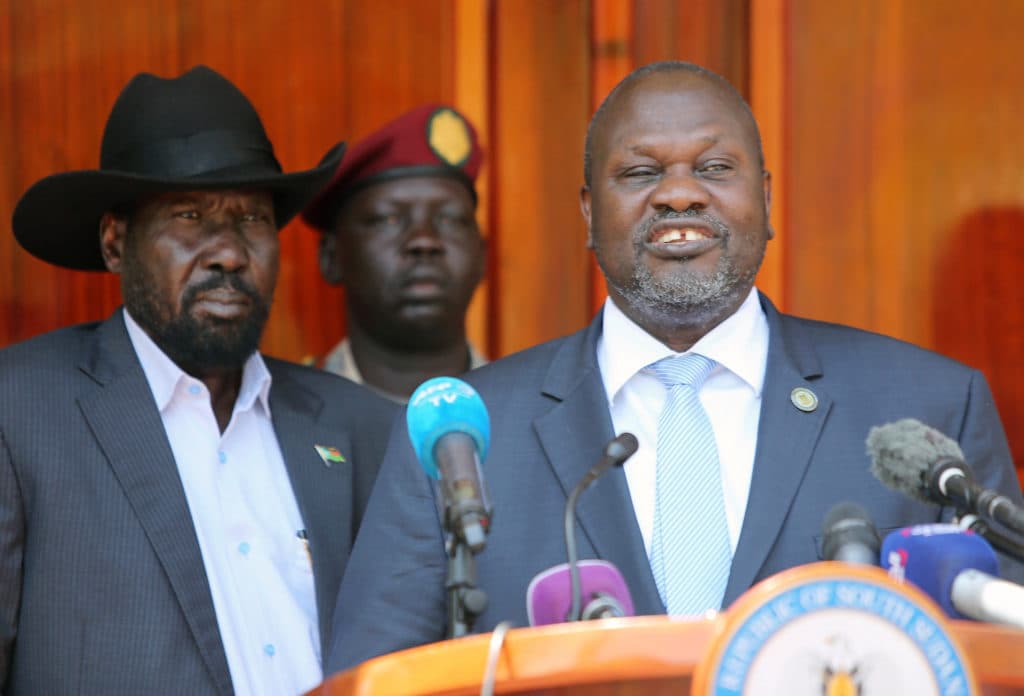Global Political Landscape Sees Scrutiny Over Leader Popularity and Coalition Governance

A recent social media post from the account "Based Hungary 🇭🇺" has ignited discussion by asserting that "Not A Single 'Leader' Here is Popular in their Home. None Have Even 50% of Seats in their Governments. All have Coalitions. Some Were Not Even Elected." This sweeping statement, shared on X (formerly Twitter), highlights common criticisms and observations regarding contemporary political leadership and governmental structures worldwide. While the tweet does not specify the leaders or nations it refers to, its claims resonate with broader trends in global politics.
Public trust in political leaders and institutions has experienced a notable decline across many democratic countries since 1990, according to research. A 2025 study indicates that this decline is rooted in how politics is practiced, often seen as less inspiring to citizens. This sentiment is further supported by reports showing that newly elected governments frequently begin their mandates with low levels of public support.
The tweet's emphasis on coalition governments reflects a widespread reality in parliamentary democracies where no single party secures an outright majority. Coalition governments, formed when two or more political parties combine their votes to achieve a majority, are a common and often necessary outcome of proportional representation electoral systems. They are particularly prevalent in countries where multiple parties are represented in the legislature.
The claim that "Some Were Not Even Elected" touches upon the mechanisms of power transfer in parliamentary systems. In such systems, a prime minister or head of government is typically the leader of the party or coalition that can command the confidence of the parliament, rather than being directly elected by popular vote. This can lead to situations where a leader assumes office as part of a coalition agreement, even if their party did not win a majority of seats or if they were not the direct choice of the electorate in a presidential-style election.
While the "Based Hungary 🇭🇺" tweet offers a generalized critique, the underlying issues it raises—public disaffection, the complexities of coalition politics, and the indirect path to power for some leaders—are pertinent subjects in political discourse globally. These dynamics continue to shape governance and public perception in numerous nations, prompting ongoing debate about democratic legitimacy and effective leadership.